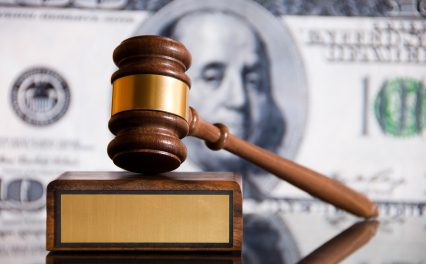After extensive and widely reported negotiations, the Department of Justice (DOJ) and JPMorgan Chase have tentatively agreed to a $13 billion settlement. The penalty was reached as JPMorgan was faced with threats of various lawsuits as well as criminal proceedings for fraudulent mortgage securities deals made during the Millennium Boom.
A recent op/ed published by the Washington Post Editorial Board claims the settlement is misguided. Here’s their argument:
Some $4 billion of [the settlement] is earmarked for mortgage relief. Whether any of the potential recipients of this aid were harmed by JPMorgan is far from certain. If the banks’ securities were fraudulent, then the relevant victims would seem to be the pension funds and others who were duped into buying them. Yet they get only $3 billion from the deal. In fact, the set-aside for homeowners might actually hurt mortgage-bond investors if it results in a write-down of the underlying loans. This is what happens when the government comes under populist pressure to nail Wall Street hides to the wall.
Now, maybe the Post has a point. Who gets how much of the settlement is an utterly confounding issue since so many groups were involved — the banks, borrowers, the credit rating agencies, real estate agents and brokers, Fannie Mae and Freddie Mac, the Fed — and the list goes on and on. But it’s the final sentence quoted above that gives us pause.
Is the DOJ misallocating funds to homeowners from this settlement because of the “populist pressure” to make the big banks pay? The problem with this reasoning is that it accepts a monetary settlement as a reasonable remedy for the bank’s transgressions — it just takes issue with who gets the payout.
The real issue at hand, as we’ve pointed out before, is that the DOJ is even entertaining an out-of-court settlement from the greatest robber barons of our day. Clearly, the only acceptable remedy in this case is criminal prosecution.
To be clear, we do not advocate criminally prosecuting bank CEOs (uh hum, Jamie Dimon) out of some pitchfork-waving, populist witch hunt against Wall Street. Rather, we make the argument for one very practical reason: only a decision made by the courts creates a legal precedent. Absent this precedent, the banks have no incentive to change and the DOJ continually loses its powers of enforcement in the financial sector.
Congresswoman Elizabeth Warren agrees.














